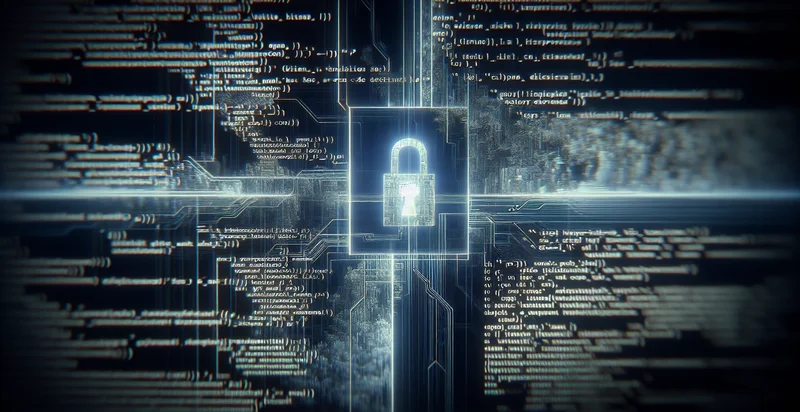Identify if ssh key is in a backup file
using AI
Below is a free classifier to identify if ssh key is in a backup file. Just input your text, and our AI will predict if the SSH key is present - in just seconds.

Contact us for API access
Or, use Nyckel to build highly-accurate custom classifiers in just minutes. No PhD required.
Get started
import nyckel
credentials = nyckel.Credentials("YOUR_CLIENT_ID", "YOUR_CLIENT_SECRET")
nyckel.invoke("if-ssh-key-is-in-a-backup-file", "your_text_here", credentials)
fetch('https://www.nyckel.com/v1/functions/if-ssh-key-is-in-a-backup-file/invoke', {
method: 'POST',
headers: {
'Authorization': 'Bearer ' + 'YOUR_BEARER_TOKEN',
'Content-Type': 'application/json',
},
body: JSON.stringify(
{"data": "your_text_here"}
)
})
.then(response => response.json())
.then(data => console.log(data));
curl -X POST \
-H "Content-Type: application/json" \
-H "Authorization: Bearer YOUR_BEARER_TOKEN" \
-d '{"data": "your_text_here"}' \
https://www.nyckel.com/v1/functions/if-ssh-key-is-in-a-backup-file/invoke
How this classifier works
To start, input the text that you'd like analyzed. Our AI tool will then predict if the SSH key is present.
This pretrained text model uses a Nyckel-created dataset and has 2 labels, including Ssh Key Found and Ssh Key Not Found.
We'll also show a confidence score (the higher the number, the more confident the AI model is around if the SSH key is present).
Whether you're just curious or building if ssh key is in a backup file detection into your application, we hope our classifier proves helpful.
Related Classifiers
Need to identify if ssh key is in a backup file at scale?
Get API or Zapier access to this classifier for free. It's perfect for:
- Security Auditing: Organizations can incorporate the SSH key identifier into their security auditing processes to ensure that sensitive SSH keys are not mistakenly stored in unsecured backup files. This proactive measure helps identify potential vulnerabilities and ensures compliance with security policies.
- Data Loss Prevention: Companies can leverage the identifier to scan backup files for SSH keys that may lead to unauthorized access if exposed. By detecting these keys early, they can take steps to either secure or remove them, mitigating the risk of data breaches.
- Automated Backups Monitoring: Businesses can automate their backup monitoring systems to utilize the SSH key identifier, ensuring that any unauthorized keys are flagged in real-time. This helps maintain the integrity of backup files while providing alerts for immediate action.
- Regulatory Compliance: Organizations subject to regulatory compliance can use the SSH key identifier to ensure that sensitive information, including SSH keys, is managed according to legal standards. This is crucial for industries such as finance and healthcare, where data security is paramount.
- Incident Response Preparation: The identifier can be integrated into incident response protocols to quickly assess if SSH keys were exposed in compromised backup files. This enables security teams to respond effectively and efficiently during a security incident.
- Infrastructure Management: DevOps teams can utilize the SSH key identifier to audit their infrastructure for unwanted or orphaned SSH keys in backup files across multiple environments. This ensures cleaner management of access controls and improves system security.
- Training and Awareness Programs: Organizations can use findings from the SSH key identifier to educate employees about the importance of secure key management practices. Highlighting real examples of potential mismanagement can reinforce strong security habits across teams.


